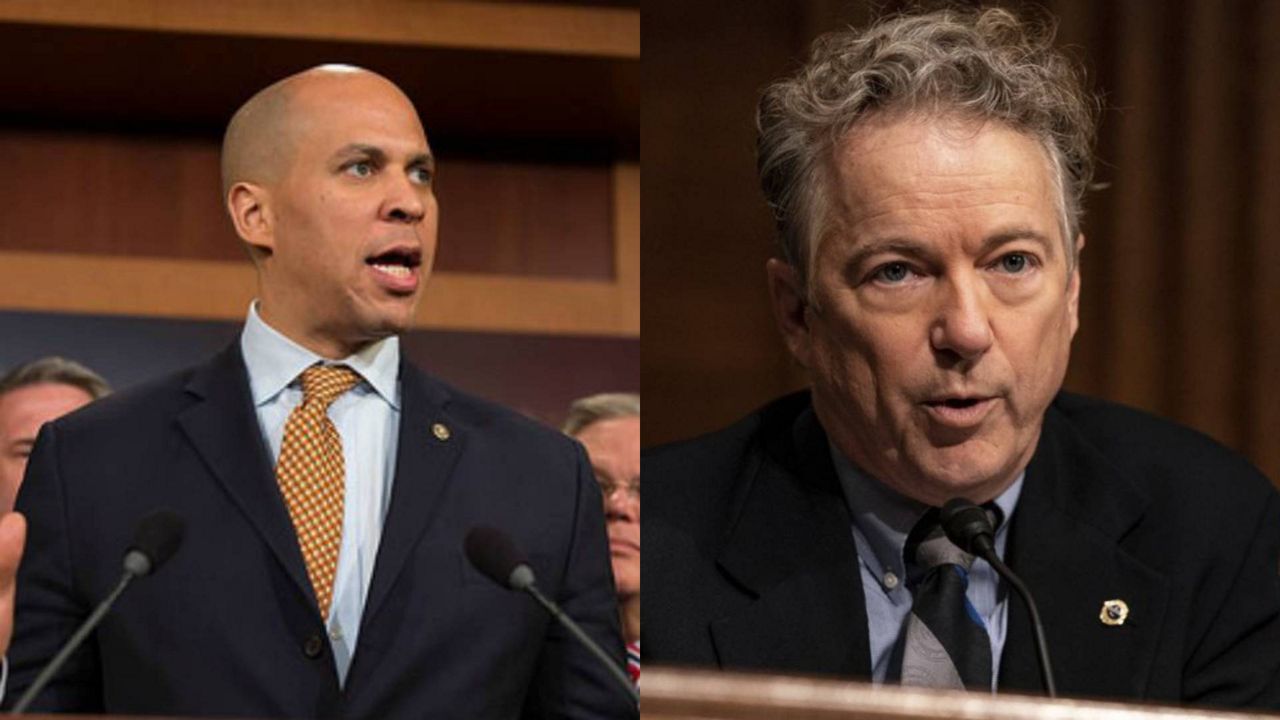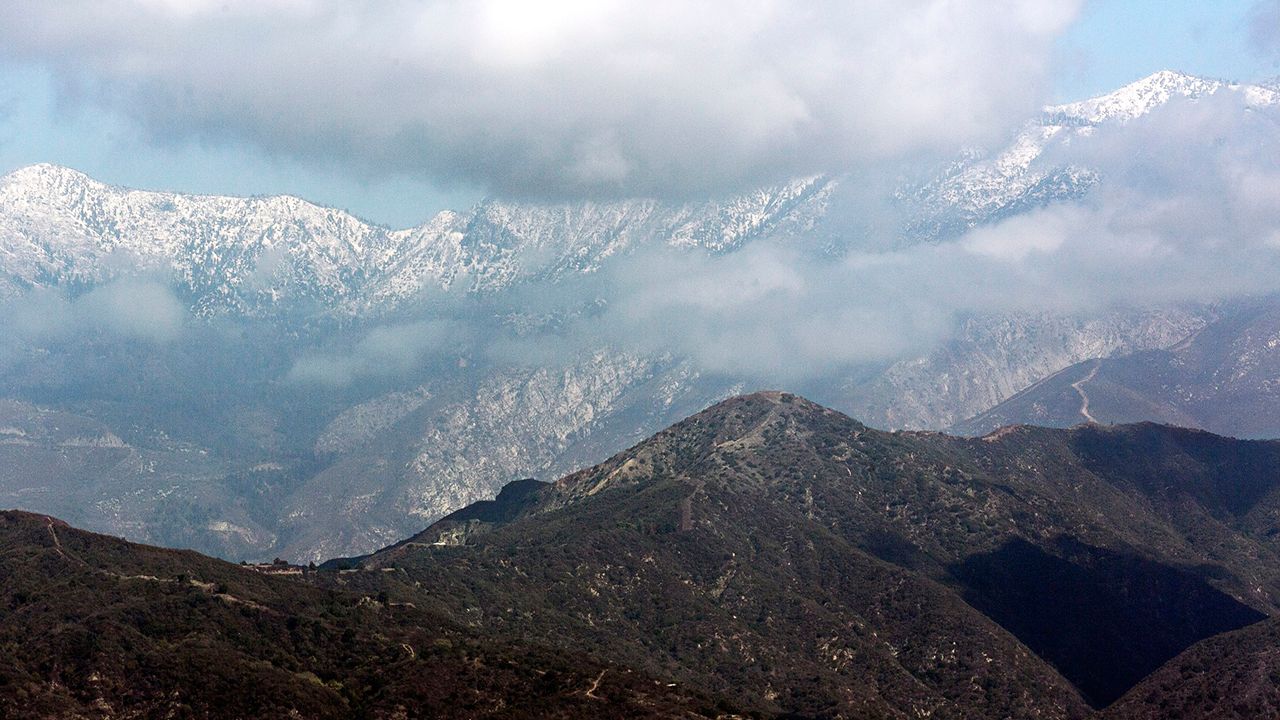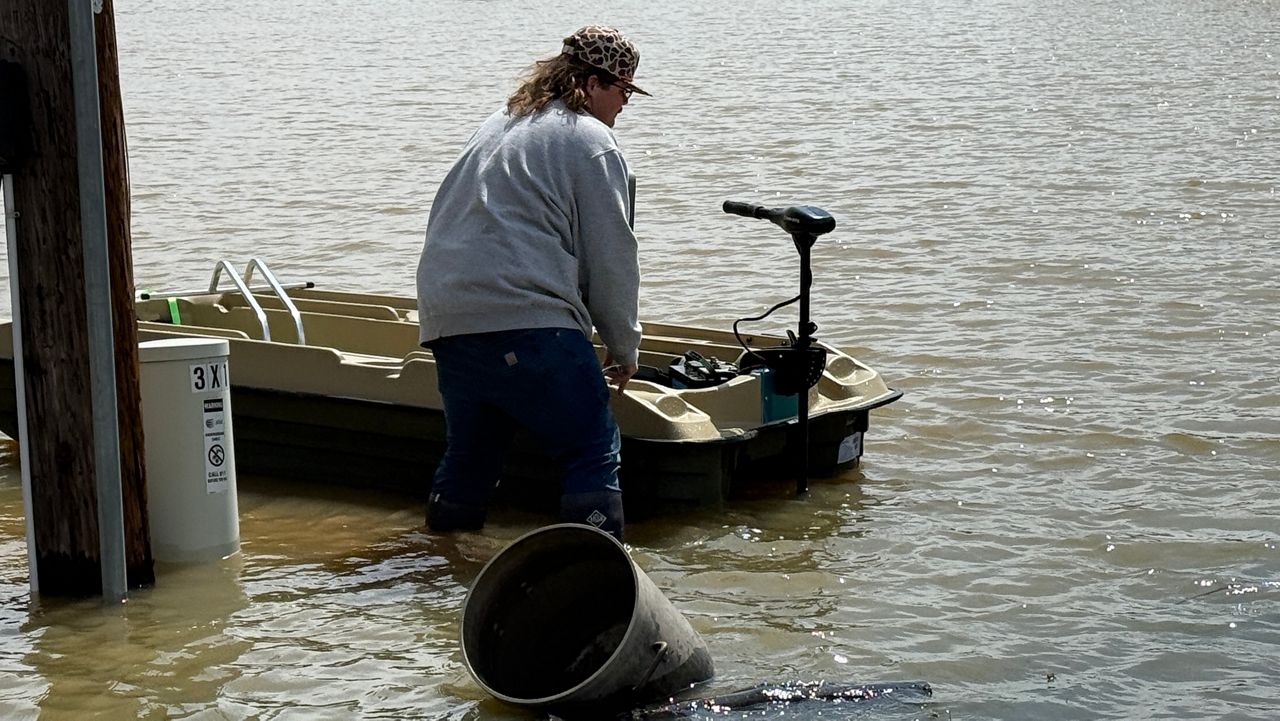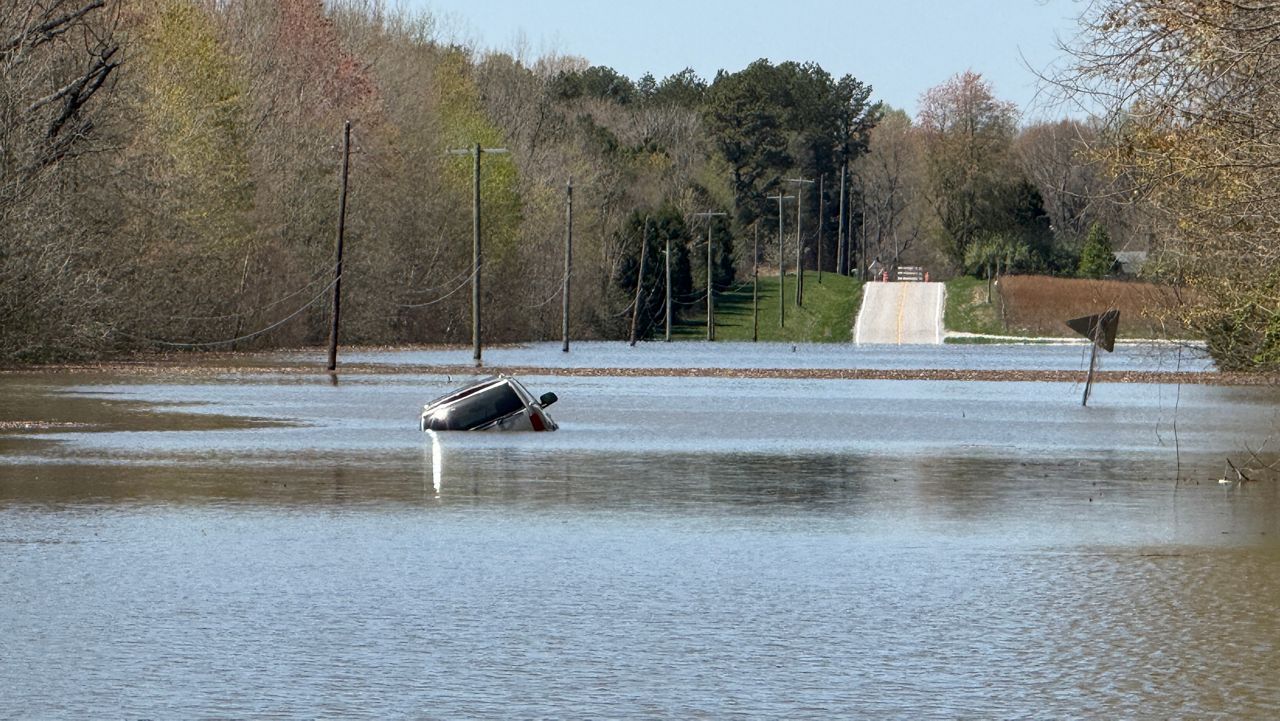WASHINGTON — U.S. Senator Rand Paul (R-KY) proposed legislation that would expand access to psychedelic substances like MDMA and “magic mushrooms” for medical purposes. It could revolutionize health care, but experts are advising caution.
For a long time, there’s been a stigma surrounding psychedelic drugs. While some people look down upon the use of them in any context, University of Cincinnati researcher Neşe Devenot said a lot more people are opening their minds like she has.
“A lot of people have extremely meaningful, transformative experiences as a result of these studies,” Devenot said.
A postdoctoral associate for UC’s Institute for Research in Sensing, she’s been studying patients using psychedelics for more than a decade. She has a PhD in comparative literature.
“Some researchers look at this specifically as an experiential medicine, that there’s something about the experience that is therapeutic. That’s debated,” she said. “I had kind of seen that there was a lot of potential therapeutically, and in terms of substances that were historically illicit, illegal, and had a really bad reputation.”
Psychedelic drugs include MDMA and psilocybin, the compound in magic mushrooms, among others. They have hallucinogenic properties that give people the kind of experiences Devenot describes.
Her own experience with LSD led to her interest in the field.
“I struggled a lot with obsessive-compulsive disorder, and really acute social anxiety that really influenced my life to a large extent,” she said. “It changed everything for me in my life. I went from, when I was younger, having panic attacks being in a room with a lot of people, to going around the world and presenting on psychedelics at conferences in front of hundreds of people. I think a lot of that was to do with the effect it had on my life, in terms of my own anxiety and depression.”
However, she doesn’t believe her experience, or anyone’s for that matter, is proof that psychedelics will be a go-to medicine of the future.
“Just because people have had personally transforming experiences, does not mean that this is something that is right for everyone.”“The problem, though, is that anecdotes are not science,” she said. “Just because people have had personally transforming experiences, does not mean that this is something that is right for everyone.”
More people could soon have the chance to try psychedelics in a medical setting. U.S. Senators Rand Paul (R) and Cory Booker (D) introduced the Breakthrough Therapies Act, legislation that would enable the Drug Enforcement Agency to make the findings necessary to transfer breakthrough therapies involving Schedule I substances such as MDMA and psilocybin from Schedule I to Schedule II, which could help facilitate a phased roll-out of these potentially lifesaving therapies via FDA-approved Expanded Access pilot programs.
According to the news release, psilocybin and MDMA have shown “exceptional promise in treating suicidal depression, anxiety, PTSD and substance use disorders.”
“I kind of had a feeling there was a catch there. And it turned out there kind of is a catch with the scheduling though the Breakthrough Therapies Act,” said Russell Hausfeld.
Hausfeld writes a lot about psychedelics and the corporate industry forming around them. He’s a senior writer for Psymposia, and contributes to the website TruthDig.
He described what he views as “the catch” with the Breakthrough Therapies Act.
“As soon as pharma companies start getting involved in stuff, there are incentives from the business side of things not to decriminalize these drugs, or reschedule them outright, as opposed to just their own drug products,” Hausfeld said. “There’s a potential result that these drugs stay criminalized, but become pharmaceuticals. And a lot of people get real rich off of them. But the crowd who’s been criminalized for decades stays criminalized.”

Hausfeld said he wants to temper the growing hype around psychedelics.
“It’s being pitched to such vulnerable populations right now. Kind of pitching it as a silver bullet, I think, could do a lot of damage. I think people are gonna have really good experiences with it, and it could help a lot of people,” he said. “I’ve heard the description of an MDMA therapy session as being in a pool full of puppies and being licked by a pool full of puppies. And I’ve heard someone else describe it as feeling like they got open heart surgery and were left on the surgery table without the surgeons.”
Devenot also likes to caution people of the potential risks.
“They are powerful substances that can be very destabilizing for people. If they’re in the wrong setting with the wrong people, people can be in dangerous situations,” she said. “Because there’s so much hype, and there’s so little legal access right now, people are driven into an underground context, where there’s little oversight, sometimes there’s unscrupulous providers, and people have gotten into bad dynamics with people.”
What’s actually going on in someone’s mind when they’re having a psychedelic experience is the subject of a lot of research.
“Psychedelics might help you to get outside of those ruminative, fixated thought patterns, in order to free you up to kind of see yourself and your problems, and your relationship to the world, in a different way, and open up new possibilities. I think that there’s some truth to that,” Devenot said.
Devenot said she’s an advocate for decriminalizing psychedelics, but isn’t convinced the current approach to medicalization is the best path forward.
Neither is Hausfeld.
“If you’re interested in psychedelics because you did them, and you think that anyone should be able to do that, too, I’m not convinced that’s the way the industry’s heading,” he said.
Whether these drugs become legal to use recreationally, and when, remains, much like experiences people have, mysteries.










